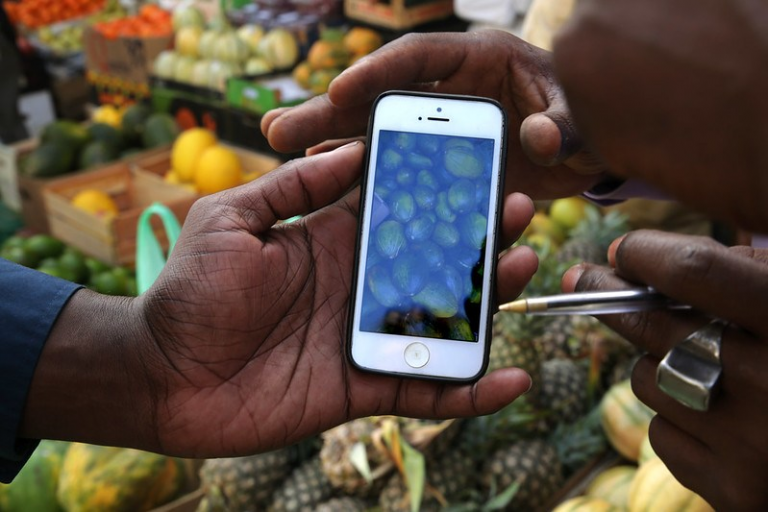
The Federal Government of Nigeria has announced the decision to clamp down on members of market associations responsible for the high cost of food items by their anti-competitive practices.
The move was announced on Tuesday by the Federal Competition and Consumer Protection Commission during a forum titled; ‘Fair food prices in Nigeria: A high-level forum for better competition’, organized by the commission to discuss fair food prices.
Chief Executive Officer of the FCCPC, Babatunde Irukera, said the commission will begin to hand out sanctions against members of trade associations found responsible for the indiscriminate and irrational hike of food prices.
Register for Tekedia Mini-MBA edition 19 (Feb 9 – May 2, 2026): big discounts for early bird.
Tekedia AI in Business Masterclass opens registrations.
Join Tekedia Capital Syndicate and co-invest in great global startups.
Register for Tekedia AI Lab: From Technical Design to Deployment (next edition begins Jan 24 2026).
“We will continue to monitor the market, and where we find that prices are excessive or find exploitative conduct, or find that consumers are being taken advantage of, we will intervene. One of the ways of intervening is unlocking the bottlenecks.
“That is what I just said, associations that come together to determine at what price beans should be sold, associations that come together to decide that nobody in a particular market should take yam, beans, or rice from any other person except their members, we will proceed against them,” he said.
Irukera explained that the move has become necessary because some trade unions had constituted cartels to engage in anti-competitive practices that have led to price gouging of basic food items.
He said that it has become crucial to take a firm stance against indiscriminate food price hikes, especially in light of the president’s recent declaration of food security as a national emergency last week.
“Competition regulation and consumer protection is not only to regulate the big companies. It is not only to regulate the formal sector. It is also to regulate the informal sector. In a place like Nigeria, it is even more critical to find a strategy to regulate the informal sector because; at the end of the day the vast majority of our economy is informal,” he said.
However, the move has drawn criticism from business leaders who believe it portends price control that will harm market growth.
The move has come on the heels of the government’s decisions to remove fuel subsidy and float the Nigerian forex market, which has resulted in a significant increase in the cost of goods and services. The removal of fuel subsidy and the floating of the naira mean that the cost of Premium Motor Spirit (PMS), and the naira’s value, will now be determined by market forces.
Critics of the FCCPC’s move said it will cause more harm than good as the high price of petroleum products is forcing market members to increase food prices. They said it will amount to injustice and economic sabotage if the government allows market fundamentals to drive the cost of petroleum products while it regulates the price of food items.
Currently, Nigeria is going through a food crisis that its food production capacity is significantly deficient to quell. Nigeria produced 8,435,000 tonnes of rice, the country’s major staple, in 2021, according to data from Statista. But due to insecurity, production has seen a major decline in the past year, compounding the insufficiency bolstered by rapid-growing population.
With insecurity stymieing farming efforts in many parts of the country, the government has been urged to remove food import restrictions in the short term to allow the nation to attain food security.



